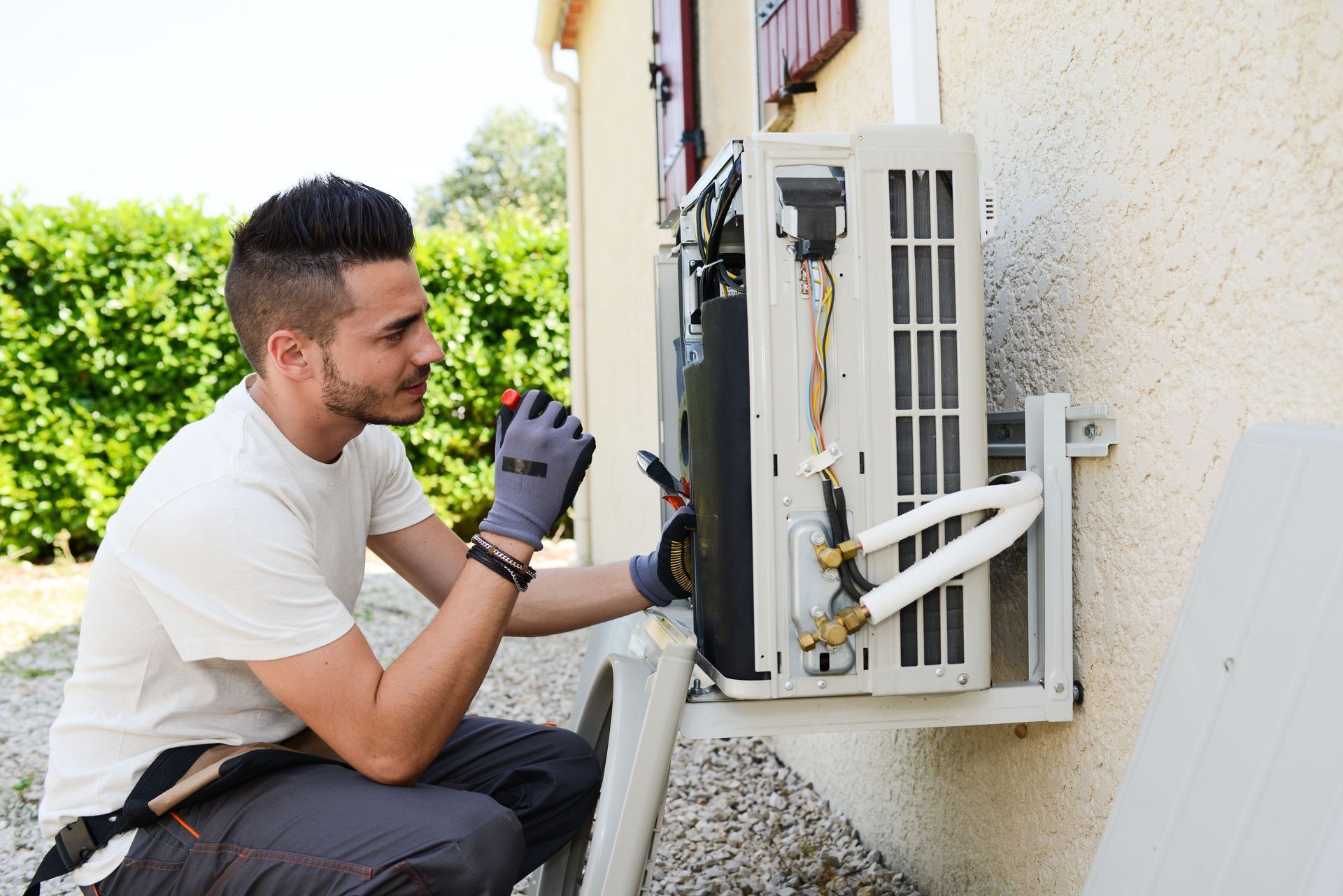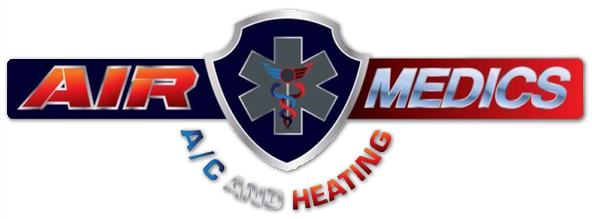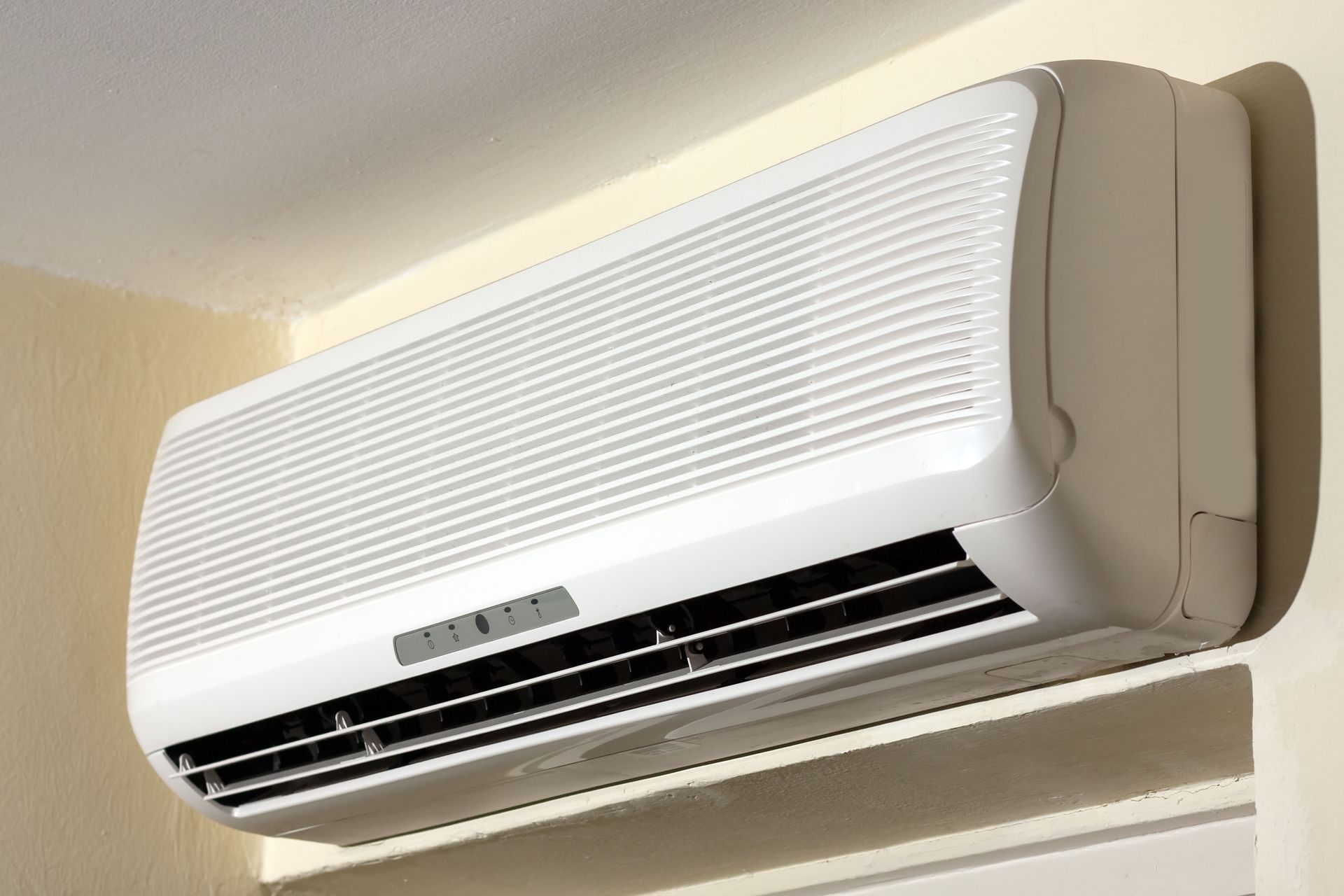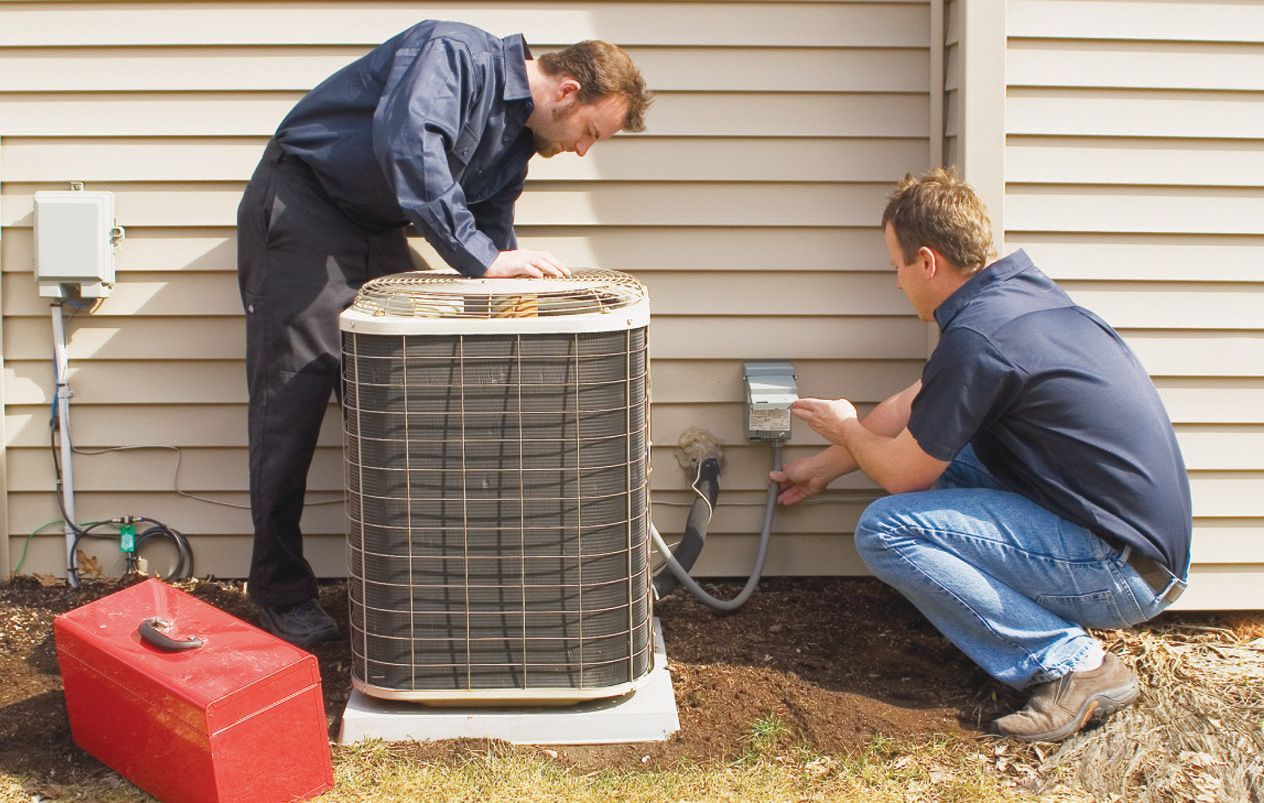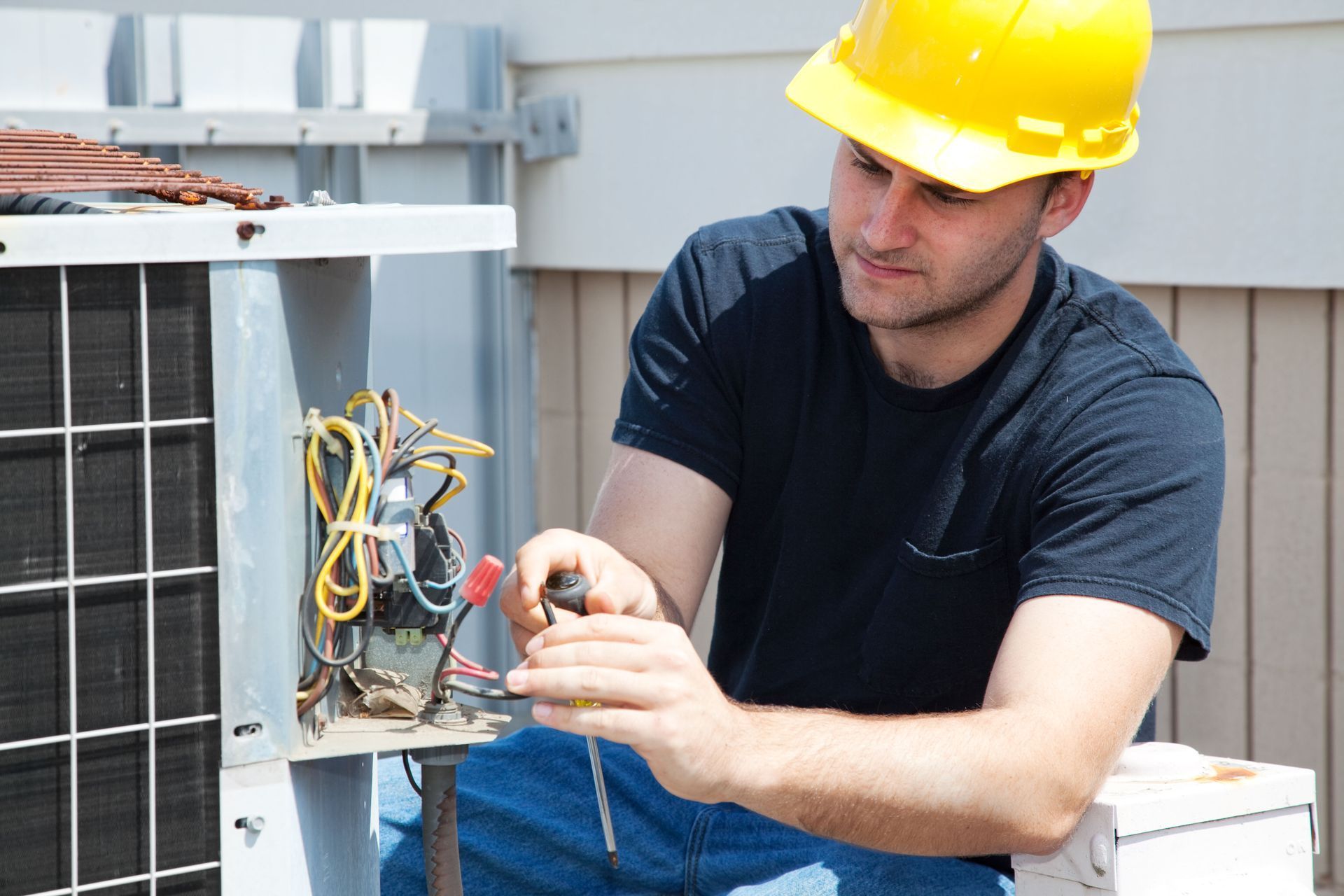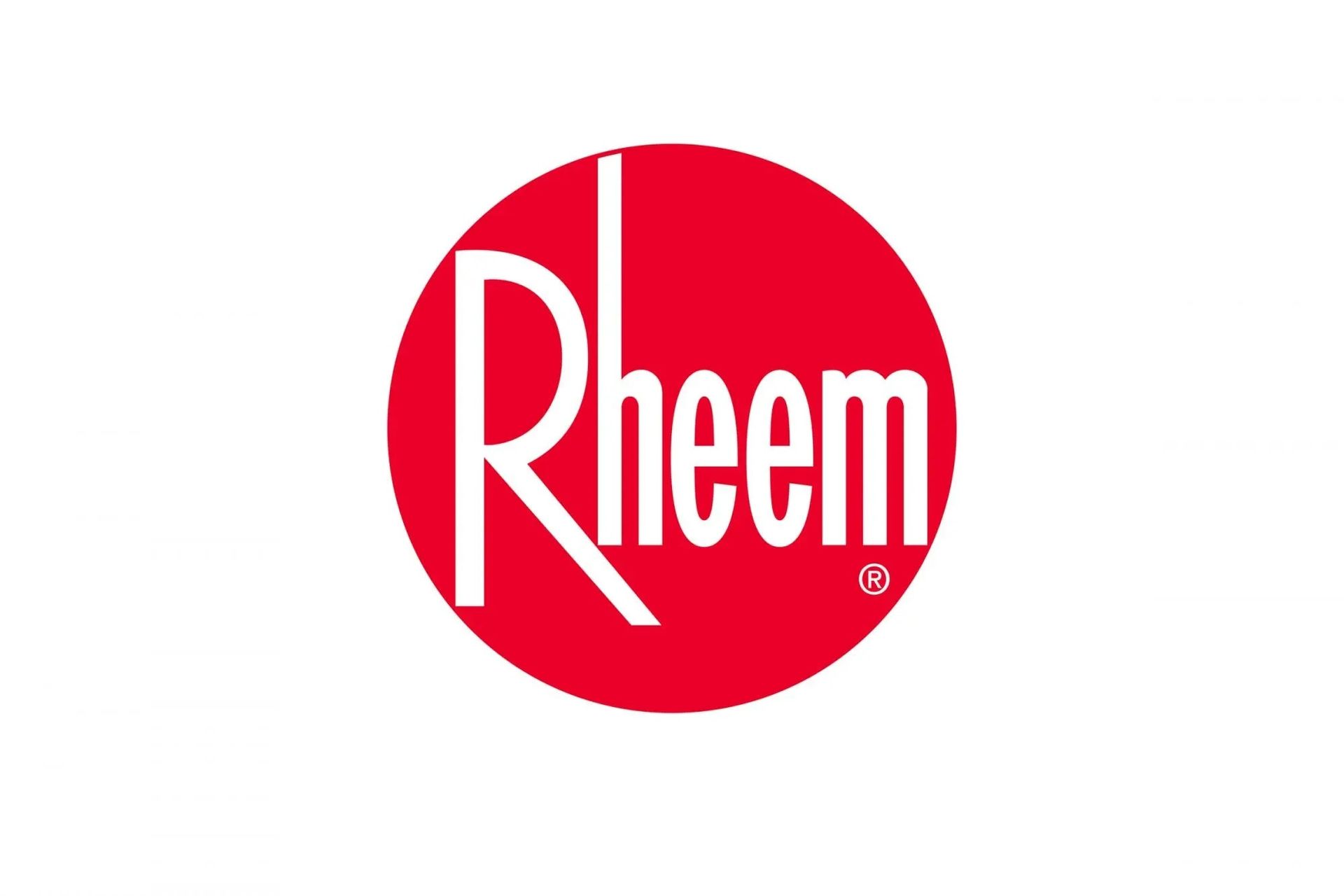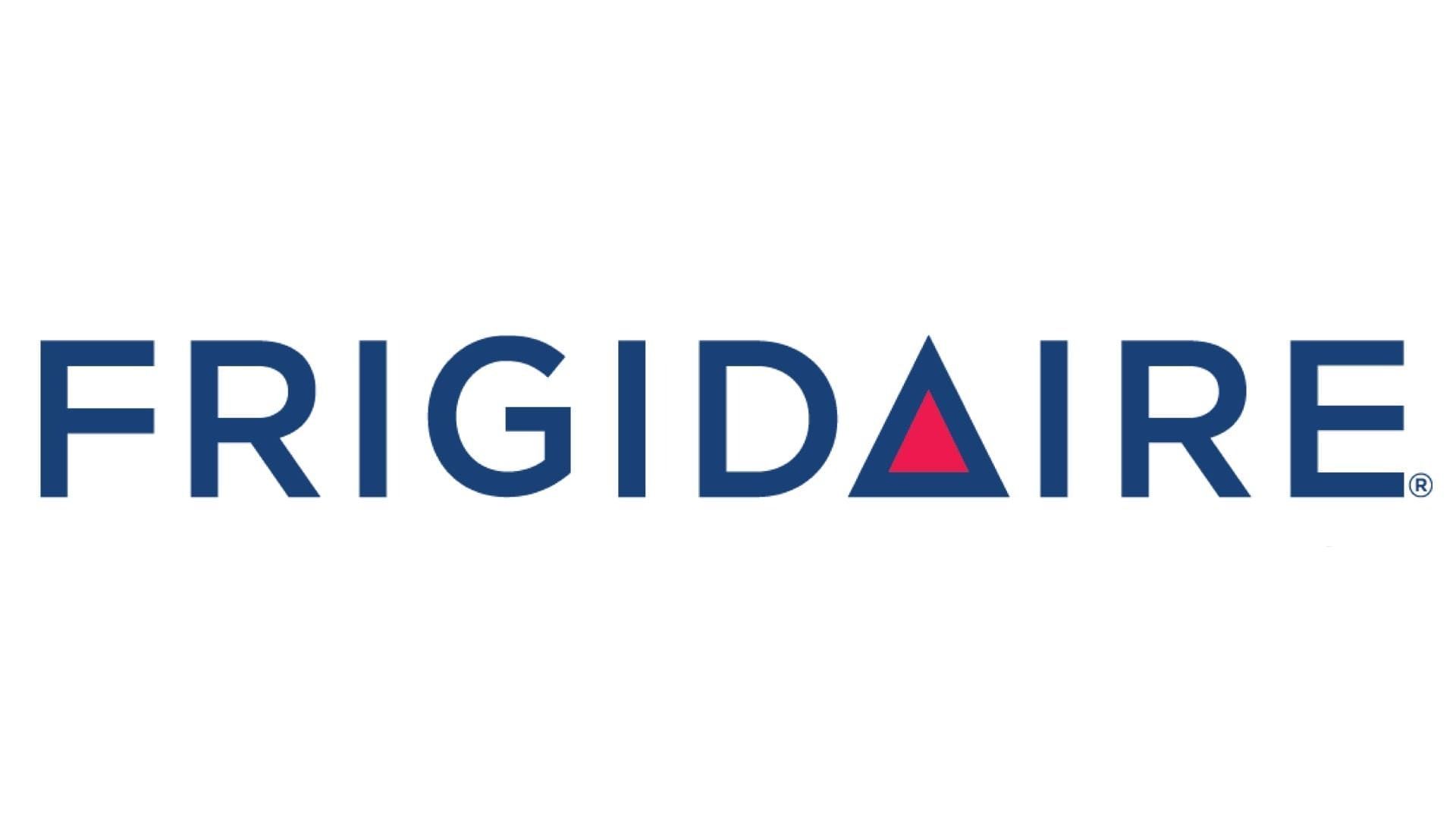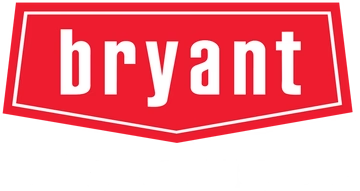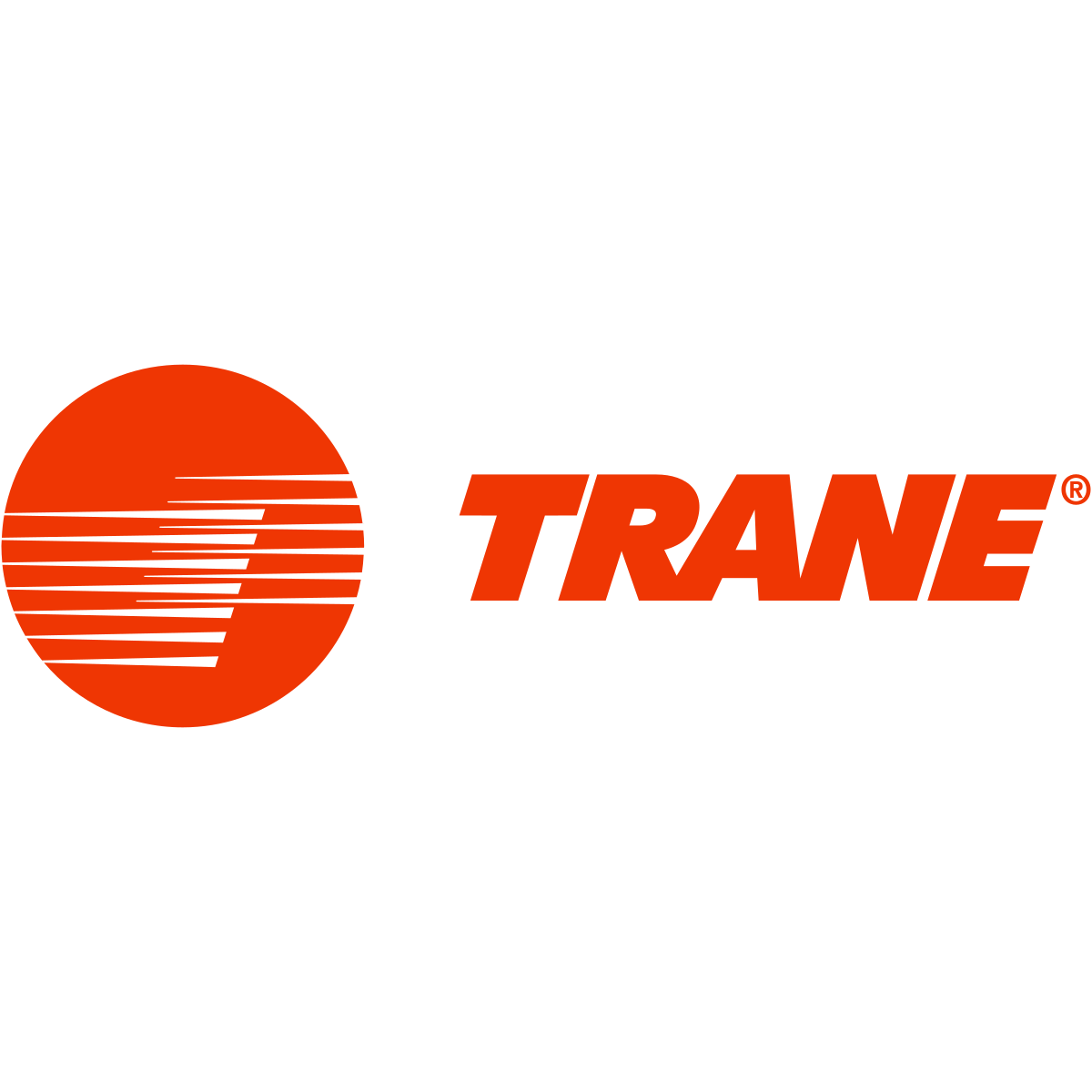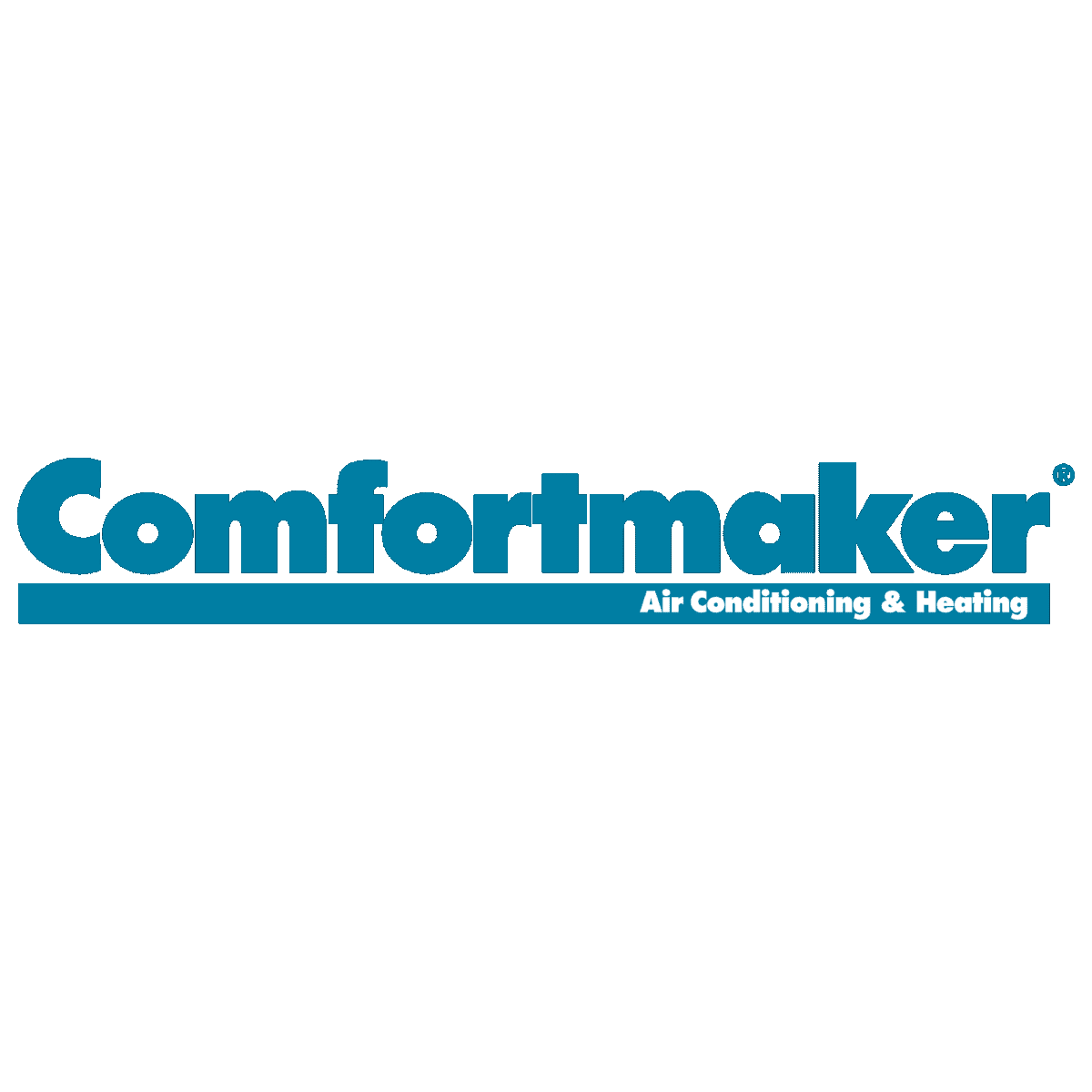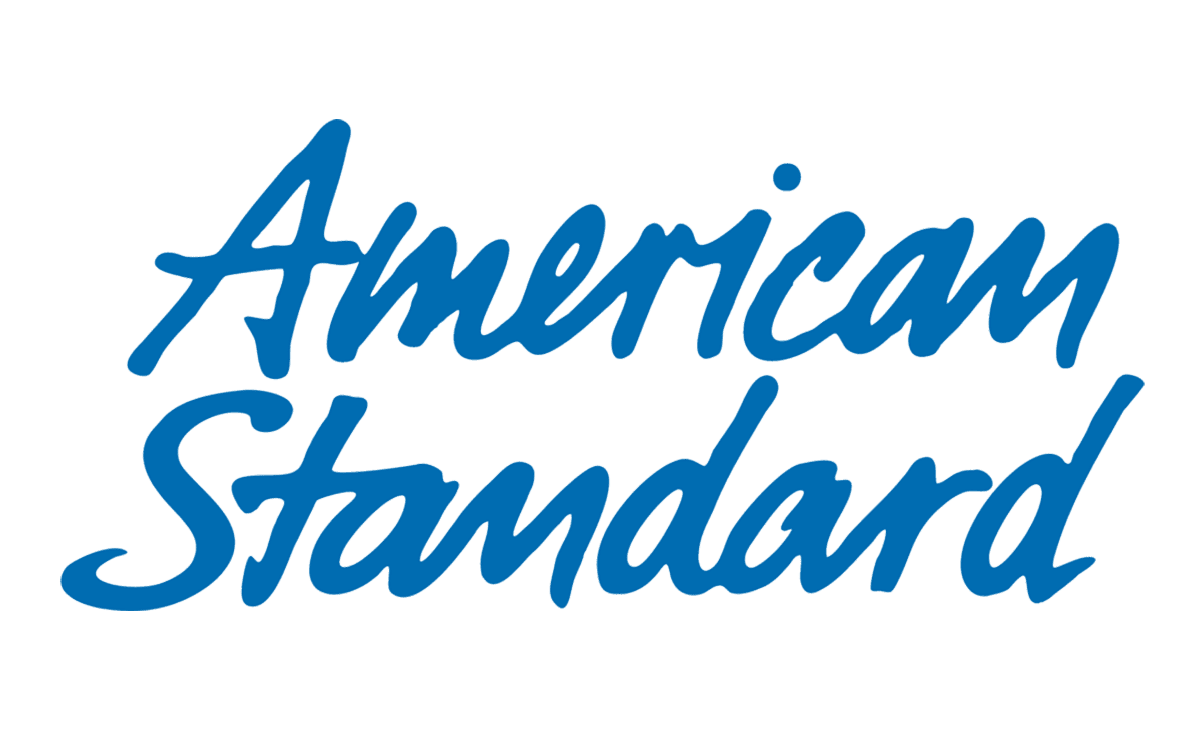August 20, 2025
When summer temperatures soar and your home becomes uncomfortably warm, the last thing you want is for your air conditioner to fail. Unfortunately, AC problems often arise when your system is working the hardest. Identifying the early signs of trouble can help you avoid a full breakdown and expensive repairs. Many homeowners ignore or dismiss small irregularities, not realizing they may point to serious underlying issues. Timely attention and prompt repair can restore comfort, increase efficiency, and extend the life of your HVAC system. In this article, we'll explore 10 of the most common signs that indicate you need an AC repair—and why it's critical to act quickly.
1. You Feel Warm Air Instead of Cold
If your air conditioner is blowing warm or lukewarm air when it's supposed to be cooling, that's a clear red flag. The cause could range from low refrigerant levels to a malfunctioning compressor or a broken thermostat. In some cases, restricted airflow or dirty filters can also contribute to poor performance. Regardless of the cause, the system is no longer functioning as it should. You shouldn't have to lower your thermostat repeatedly or wait hours to feel any cooling effect. Warm air coming from the vents is a strong indicator that your unit needs an AC repair.
2. Weak or Inconsistent Airflow
Another sign that something is wrong is weak or inconsistent airflow. If you notice certain rooms in your home are getting less air than others—or none at all—your system may be struggling. This could point to a failing blower motor, clogged filters, or ductwork issues. What's important to note is that restricted airflow doesn't just affect comfort; it forces your system to work harder. Over time, that added strain can shorten the life of your unit. With the HVAC industry growing rapidly to meet demand—according to Workyard, it's expected to reach a global market value of $228.74 billion by 2030—it's clear that more households are relying on consistent, efficient systems to stay cool. That growth means delays in service can happen, so acting fast when airflow issues arise can save you from sitting on a waitlist during peak seasons.
3. Strange Noises Coming From the Unit
An air conditioner is designed to operate quietly, so any unusual noises should be taken seriously. Grinding, banging, squealing, or rattling sounds often signal internal mechanical issues. A loose or broken component inside the unit may be causing the noise, or it could indicate a belt that needs replacing. Sometimes, these sounds mean that a part is out of alignment or that there's debris caught in the system. Regardless of the cause, abnormal sounds are never a good sign. Continuing to run the unit can worsen the damage, so it's best to shut it off and call for an AC repair service immediately.
4. Unpleasant Odors When AC is Running
If your AC emits a musty, burnt, or foul odor when it's operating, this can indicate a serious issue. Musty smells might point to mold or mildew buildup in the ducts or on the evaporator coil, which can be a health hazard. Burnt smells could mean electrical problems, such as frayed wires or overheating components. Any strange odor should be evaluated quickly to avoid indoor air quality problems and potential fire risks. Your air conditioner should cool your home while improving the air you breathe—not compromising it.
5. Water or Refrigerant Leaks
Any visible moisture around your air conditioning system is cause for concern. While a small amount of condensation is normal, puddles or active leaks are not. Leaking refrigerant is particularly problematic, as it affects the unit's ability to cool and can be hazardous to your health. A clogged or broken condensate drain line could also be the culprit. Over time, these issues can cause water damage to your home and lead to mold growth. If you notice damp areas near your AC unit, it's important to have a technician diagnose and resolve the issue right away.
6. Frequent Cycling On and Off
It's normal for your AC to cycle on and off throughout the day, especially during hot weather. However, if you notice it's cycling far more frequently than usual—or turning off before reaching the set temperature—this could be a sign of trouble. Short cycling places stress on the compressor and can be caused by anything from dirty filters to low refrigerant levels or faulty thermostats. Frequent cycling wastes energy and reduces efficiency, which will be reflected in higher energy bills. More importantly, it shortens the lifespan of your unit and can lead to early failure if not addressed promptly.
7. Rising Energy Bills Without Explanation
A sudden spike in your energy bill—especially during months with typical usage—can be a subtle sign that your AC system is struggling. When components are dirty, damaged, or worn out, the system has to work harder to deliver the same cooling effect. This extra strain leads to increased energy consumption. Many homeowners overlook this clue and assume the energy bill is high due to weather, when in fact, it's their AC system operating inefficiently. If your utility costs are climbing without a clear explanation, your system may need inspection and AC repair to restore optimal performance.
8. Thermostat Issues
Sometimes the problem isn't the air conditioner itself, but the thermostat that controls it. If your AC won't turn on, shuts off unexpectedly, or if rooms feel drastically different in temperature despite settings, your thermostat could be malfunctioning. A failing thermostat may not accurately read temperatures or may be sending incorrect signals to your AC system. Replacing or recalibrating a thermostat can restore functionality and prevent the need for more extensive repairs down the road. Smart thermostats also offer added control and diagnostics, making it easier to catch problems early.
9. Frozen Evaporator Coils
Another issue that warrants immediate attention is frozen evaporator coils. If your system is blowing warm air or stops cooling altogether, this might be the reason. Evaporator coils can freeze due to restricted airflow, dirty coils, low refrigerant, or fan issues. While it may seem harmless at first glance, frozen coils can severely damage the system if left unchecked. You may notice ice buildup on the coils or water pooling near the unit as it melts. This is a clear sign that the system is not functioning properly and needs a professional AC repair.
10. Unresponsiveness or Full System Failure
If your air conditioner won't turn on at all, it could point to anything from a tripped breaker to a failed compressor or electrical component. In some cases, the issue may stem from a faulty capacitor, wiring problems, or even thermostat malfunctions. Total system failure usually doesn't happen out of nowhere—it's often preceded by smaller warning signs that were missed or ignored. If your AC is completely unresponsive, don't assume it's a quick fix. An expert technician can safely diagnose the problem and recommend the best course of action to get your system back online.
Your air conditioner plays a vital role in keeping your home comfortable and your family safe during the hottest times of the year. When something starts to go wrong, the signs are usually there—you just have to know what to look for. If you've noticed any of these warning signs in your home, don't wait until it's too late—call the nob at Air Medics A/C and Heating, Inc for fast, reliable AC repair that gets the job done right.
